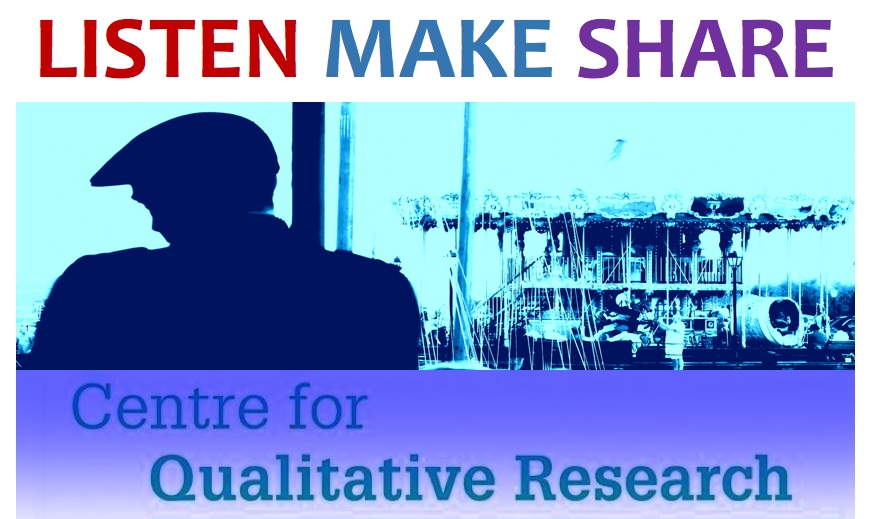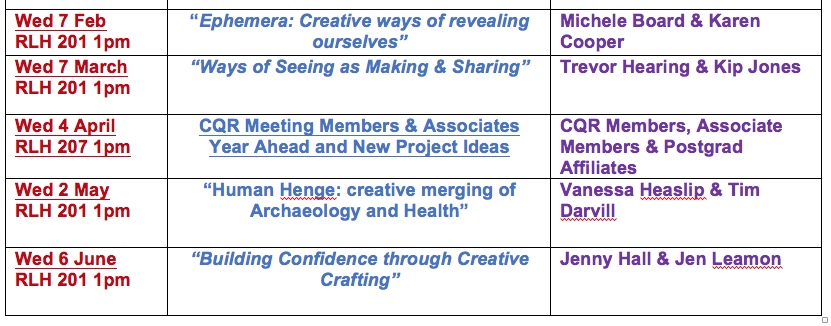
Glasgow’s necropolis- the quietest voices of all?
‘Where are we now?’ was the theme of the 2017 International IPA conference this week. The short answer: at Glasgow Caledonian University. The long answer: using a qualitative methodology initially confined to healthcare research but which is now enjoying exponential growth across diverse disciplines. Talks over the two days ranged from advance care planning to museum visitor research, with one particularly innovative study by Hilda Reilly (PhD candidate, University of Glasgow). Her work uses narrative to explore the medical concept of hysteria. Reilly talked about the case of Anna von Lieben, one of Freud’s most significant patients. She demonstrated how accounts such as poetry and diaries left by the deceased can form data for analysis and interpretation.
Just a stone’s throw from Glasgow city’s own necropolis or ‘city of the dead’ (pictured), it was a fitting metaphor for one of the key aims of IPA: to make heard the quietest of voices. It let me reflect on the voices which I am working to make heard through my own PhD studentship project; those from successful, persistent students from low-income backgrounds who are under-represented throughout higher education (HE), but have great value in widening participation in HE and as part of a greater commitment to social equality.
Such novel approaches fit well with Dr Michael Larkin’s keynote exploring new developments in design and data collection in IPA research. The lecture and Q&A was particularly relevant to my own research, as it explored less common topic formulations in IPA research; namely when the phenomenon is a background phenomenon or an external theoretical construct (in my case, ‘resilience’). The recommendation to use explicitly narrative and reflective strategies rang true with my own approach to data collection.
Likewise, Professor Jonathan Smith delivered his keynote on personal experience of depression, offering rich, textured accounts of participants. He urged us as researchers to ‘dig deeper’ and ‘mine’ our participant data. In interviews, he reminded us “it is easy to talk to people; it is demanding to get high quality data”. Professor Paul Flowers closed the conference by provoking us to move from questioning ‘where are we now?’ to ‘where do we go from here?’ And, for me at least, this signifies a move towards drawing deep, ‘juicy’ interpretations from my data, to maximise the potential impact of my research.
Lizzie Gauntlett
Faculty of Health and Social Sciences
egauntlett@bournemouth.ac.uk
http://staffprofiles.bournemouth.ac.uk/display/i7642194
For more on IPA resources, news and networks of support:
www.ipa.bbk.ac.uk
 “Phenomenology or Narrative Method? Choosing one for my study”
“Phenomenology or Narrative Method? Choosing one for my study”















 BU attendance at third annual GCPHR meeting in June
BU attendance at third annual GCPHR meeting in June Interactive Tangible and Intangible Heritage Applications – BU student work featured in new book chapter
Interactive Tangible and Intangible Heritage Applications – BU student work featured in new book chapter Second NIHR MIHERC meeting in Bournemouth this week
Second NIHR MIHERC meeting in Bournemouth this week MSCA Postdoctoral Fellowships 2025 Call
MSCA Postdoctoral Fellowships 2025 Call ERC Advanced Grant 2025 Webinar
ERC Advanced Grant 2025 Webinar Horizon Europe Work Programme 2025 Published
Horizon Europe Work Programme 2025 Published Horizon Europe 2025 Work Programme pre-Published
Horizon Europe 2025 Work Programme pre-Published Update on UKRO services
Update on UKRO services European research project exploring use of ‘virtual twins’ to better manage metabolic associated fatty liver disease
European research project exploring use of ‘virtual twins’ to better manage metabolic associated fatty liver disease